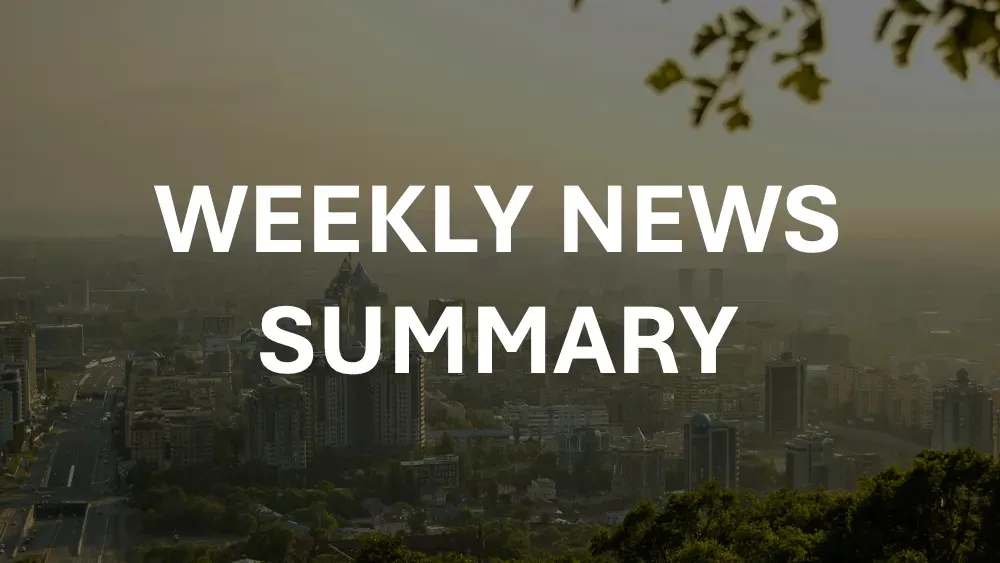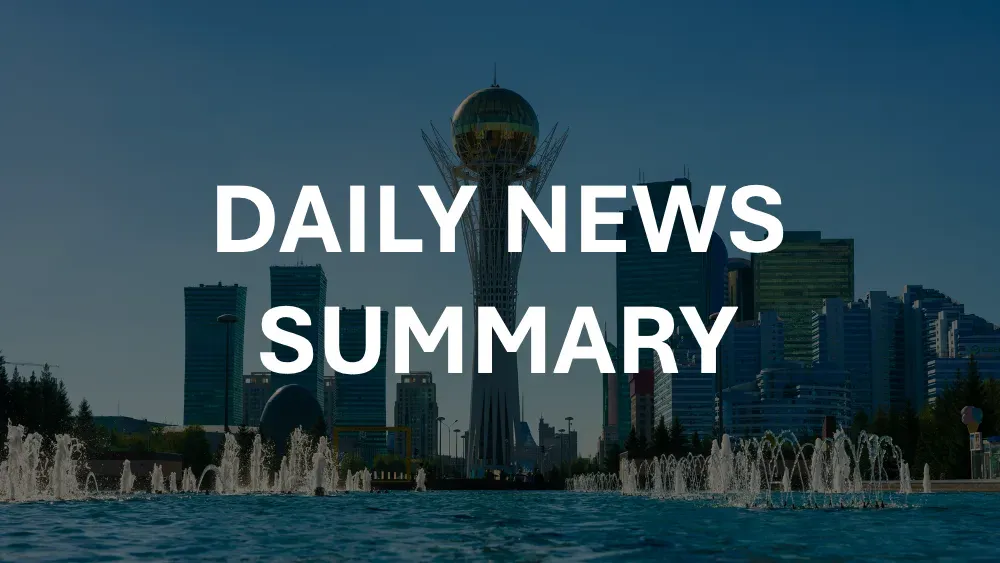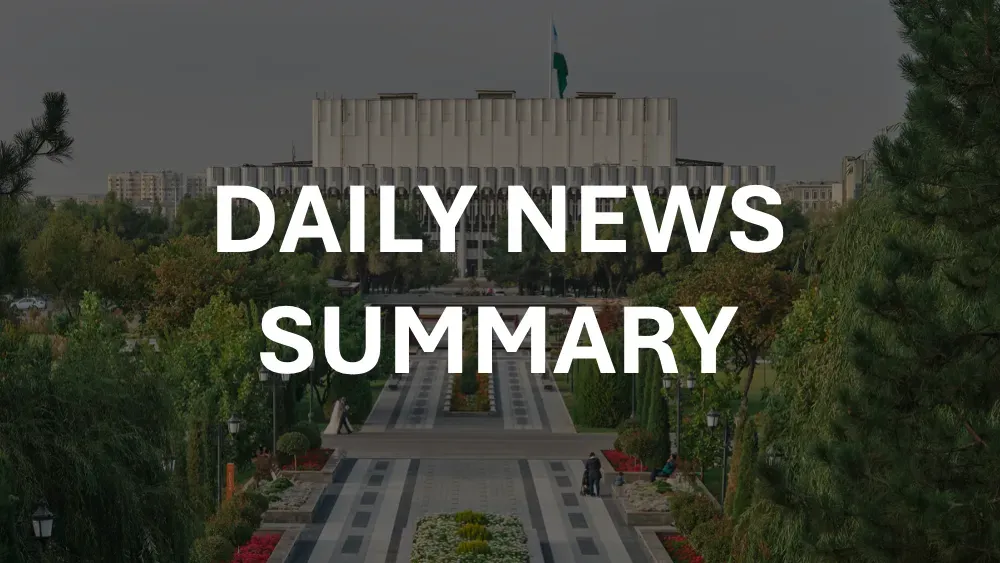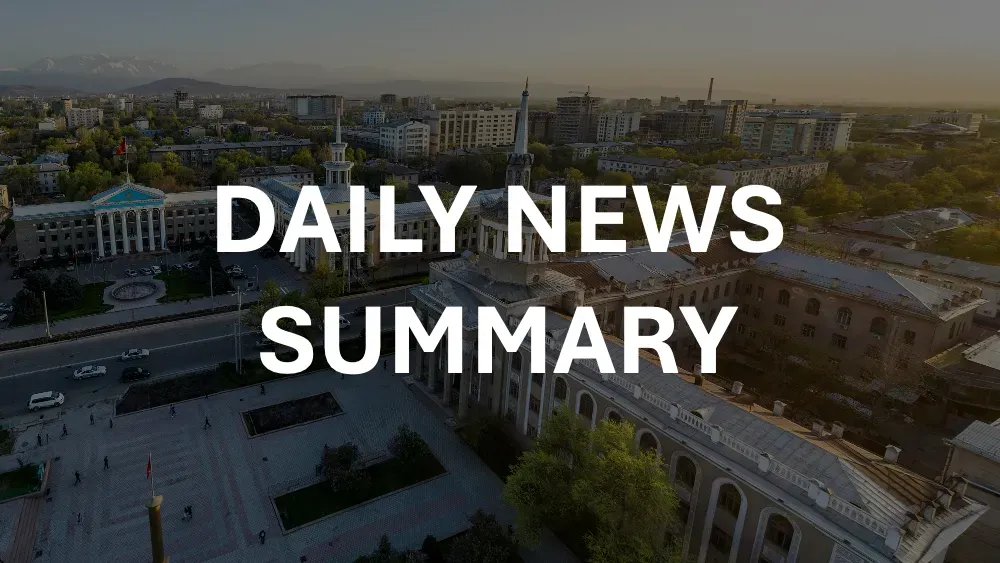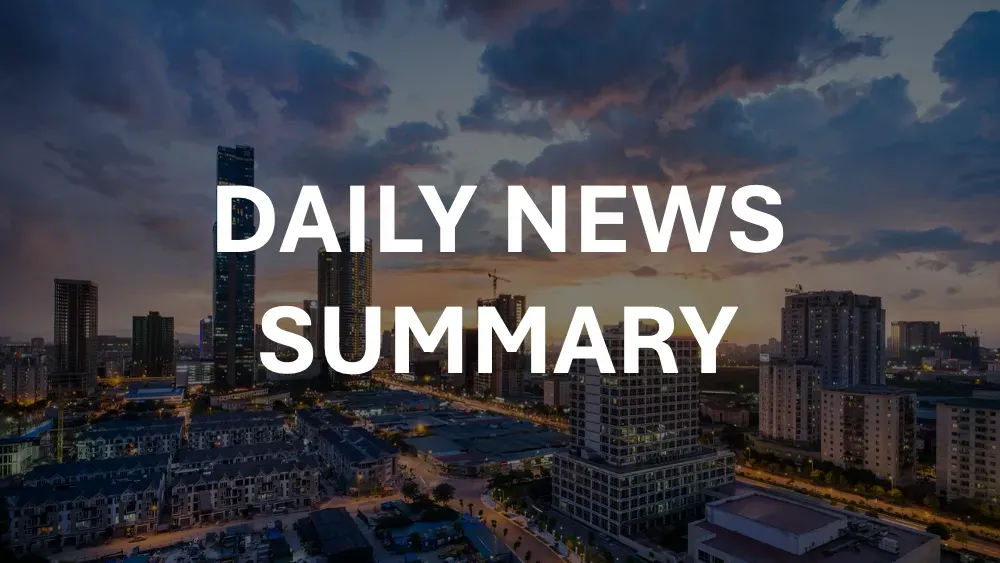This weekly digest showcases just 10 stories. Daily subscribers receive comprehensive intelligence briefs with 40 of the top stories organized by category. Don't miss the stories that matter.
Subscribe to Daily →
September 26, 2025 to October 2, 2025
This week's top 10 stories from Kazakhstan, selected from our daily intelligence briefs.
1. Ermek Kosherbayev Appointed Foreign Minister as Tokayev Sets Economic Diplomacy Priorities
President Kassym-Jomart Tokayev on [date unspecified] appointed veteran diplomat Ermek Kosherbayev as Kazakhstan’s new foreign minister, relieving him of his prior post as deputy prime minister (a role he held since February 2025). Kosherbayev—formerly deputy foreign minister, ambassador to Russia and akim of East Kazakhstan—was tasked with reinforcing a balanced foreign policy, proactively advancing national interests, intensifying economic diplomacy and investment partnerships, revitalizing multilateral engagement, and improving citizen protection abroad. The move follows Murat Nurtleu’s transition to a presidential role focused on international investment and trade cooperation, underscoring a pivot toward economic diplomacy.
In a parallel reshuffle, Tokayev moved Erjan Kazykhan from presidential assistant for international affairs to serve as Kazakhstan’s Permanent Representative to the UN Office and other international organizations in Geneva, while releasing Erlan Alimbayev from that Geneva post. Analysts note the transfers preserve policy continuity while potentially tightening coordination between the Presidential Administration and Kazakhstan’s multilateral diplomacy—particularly on sanctions navigation, trade standards, human rights mechanisms, and international health and labor bodies—though no successor to the presidential aide role has been announced.
Local Coverage: aikyn.kz, egemen.kz, informburo.kz, inform.kz, zakon.kz, dknews.kz
From daily brief: 2025-09-27
2. National Bank Plans October FX Sales from Sovereign Fund as Tenge Weakens; No Pension-Fund Dollar Buys
Kazakhstan’s tenge weakened 1.9% in September to 549.07 per USD as average daily FX turnover on KASE rose to $248m, lifting monthly volume to $5.2bn. The National Bank sold $500m from the National Fund in September to finance republican budget transfers and the Taldykorgan–Usharal gas pipeline, and intends to sell a further $600–700m in October, describing these operations as market‑neutral and steady. Officials reported no discretionary FX intervention by the central bank and about $378m in mandatory FX sales by quasi‑sovereign entities in September.
The Bank also did not buy dollars for the Unified Accumulative Pension Fund (UAPF) in September—keeping the pension fund’s FX share near its 40% target—and does not plan purchases in October. With continued domestic gold purchases and high gold prices limiting liquidity absorption, authorities said they could sterilize up to KZT 1.4 trillion equivalent in FX sales in Q4 to protect reserves and avoid imbalances.
Local Coverage: dknews.kz, inform.kz
From daily brief: 2025-10-02
3. Tokayev, Putin Review Trade Deals and Plan State Visit in Call Focused on Energy, Industry, Transport
Kazakh President Kassym‑Jomart Tokayev and Russian President Vladimir Putin held a phone call reviewing the implementation of prior trade and investment agreements, with a tight focus on energy, industrial cooperation and transport connectivity. They emphasized preparations for Tokayev’s upcoming state visit to Russia and signaled intent to convert pending accords into deliverables; no new measures were announced. The leaders also noted steady progress on cultural and humanitarian ties and discussed regional and international issues.
For international businesses, the conversation reinforces expectations of continuity in cross‑border logistics and energy flows—notably ongoing coordination on rail corridors, pipelines and Caspian routes that underpin bilateral trade—and potential industrial co‑production opportunities. The humanitarian track suggests further facilitation of labor mobility and education exchanges that support sectoral cooperation.
Local Coverage: aikyn.kz, inform.kz, zakon.kz, egemen.kz, dknews.kz, malim.kz
From daily brief: 2025-09-27
4. Medical Travel Surges with Calls for Single Operator and Digital Visa
Kazakhstan’s inbound medical tourism has surged from roughly 1,200 patients in 2022 to about 80,000 in 2024, the Kazakhstan Medical Tourism Association reports, with demand concentrated in neurosurgery, cardiac surgery, perinatal care, neurology and dentistry. Competitive pricing—heart bypass surgery is cited as up to 80 times cheaper than in the U.S. and 11 times cheaper than Singapore—and international accreditation are credited for the rapid growth, but lawmakers warn structural weaknesses could limit scalability.
Parliamentarians, led by MP Nurgul Tau, propose creating a Unified Operator to coordinate consulting, patient registration, bundled services, transport and medical interpreting, and recommend adopting elements of Türkiye’s state-backed strategy, including differentiated pricing for residents and foreigners and a digital visa for medical tourists. The measures aim to professionalize links between clinics and travel firms, streamline patient flows and formalize Kazakhstan’s position in the regional medical-travel market.
Local Coverage: egemen.kz
From daily brief: 2025-09-26
5. Italy’s President Visits Astana, Signaling Deeper Trade, Investment and Cultural Ties
Italian President Sergio Mattarella made an official visit to Astana on 29–30 September 2025, where he and Kazakh President Kassym-Jomart Tokayev pledged to deepen trade, investment and cooperation across energy, logistics, manufacturing, AI, finance, tourism and education. Italy is already one of Kazakhstan’s top three trading partners, with roughly 250 Italian firms operating locally and $7.6 billion invested since 2005; leaders agreed to strengthen business links via the intergovernmental commission and to exploit international corridors including the Trans‑Caspian route to diversify supply chains and bolster industrial and transport connectivity.
The visit also emphasized cultural diplomacy—Astana will name a central street after Marco Polo, and reciprocal cultural events (an Auezov “Abai” opera staging and a “Gold of the Nomads” exhibition in Italy) and AIFC/Astana Hub tech engagement are planned—while both presidents voiced support for UN-centred diplomacy on global conflicts. Observers expect the high-level talks to precede sectoral agreements and business forums potentially delivering projects in energy transition, logistics and technology transfer that align with Kazakhstan’s push to attract European capital and non‑commodity exports.
Local Coverage: inform.kz, malim.kz, aikyn.kz, egemen.kz, informburo.kz, zakon.kz, dknews.kz
From daily briefs: 2025-09-26, 2025-09-30
6. National Bank Pilots Tenge‑Pegged Stablecoin as Investment Growth Slows and Agribusiness Debt Relief Shows Results
Kazakhstan’s National Bank is piloting a domestic stablecoin pegged to the tenge as part of eight pilot projects across four tracks ordered by the presidential administration, aiming to integrate digital assets with traditional finance by enabling crypto-to-stablecoin conversion and card-based payments, National Bank Governor Timur Suleimenov said. The move signals a cautious, state‑led push into tokenized fiat infrastructure that could streamline digital payments and broaden crypto on‑ramp options for businesses and consumers.
Separately, the Problem Loans Fund reported that debt restructuring since 2019 has rescued 32 agribusinesses — including Zhaktyr Elevator and Karazhar Agro‑2019 — preserving jobs and strategic assets; agribusiness output in 2023 topped 1.85 million tons and firms paid 6.9 billion tenge in taxes. Investment in fixed capital rose 14.3% year‑on‑year in January–August 2024 but slowed after July as National Fund transfers fell, with analysts warning that gains are concentrated in construction and repairs rather than productivity‑boosting technological upgrades in key sectors.
Local Coverage: egemen.kz
From daily brief: 2025-10-01
7. Trans-Caspian Corridor Countries Sign New Agreements to Boost Competitiveness and Connectivity
Transport ministers and senior transport officials from Kazakhstan, Türkiye, Azerbaijan and Georgia met in Almaty during the New Silk Way forum to advance the Trans‑Caspian International Transport Route (Middle Corridor), signing a set of coordination documents designed to expand transit capacity and boost the corridor’s competitiveness for Eurasian trade. The delegations—also represented by ministers from Kyrgyzstan and Uzbekistan—committed to infrastructure and logistics upgrades across the Caspian and South Caucasus segments, increased maritime freight and ferry services, new cargo and container terminals, intensified rail coordination including regular block trains and greater use of the Baku–Tbilisi–Kars line, and a fast‑track digitalization push (e‑Permit, e‑TIR, e‑CMR) to move cross‑border permit exchanges fully online.
Analytically, the agreements signal a concerted, state‑level effort to position the Middle Corridor as a resilient East–West alternative that reduces logistics frictions and opens new trade channels between Central Asia and Europe; however, the ministers did not publish detailed instruments or financing plans at the Almaty meeting. A joint communiqué by transport ministers of the Organization of Turkic States framed the initiative as central to regional sustainable development. The next ministerial meeting is scheduled for Kyrgyzstan in 2026.
Local Coverage: dknews.kz
From daily briefs: 2025-10-02, 2025-10-03
8. Policy Rate Held at 16.5% as Central Bank Signals Possible Hike in October
The National Bank of Kazakhstan’s Monetary Policy Committee left the policy (base) rate unchanged at 16.5%, maintaining a tight monetary stance while signaling a possible rate increase at its October meeting. The committee cited ongoing inflation risks and potential tenge volatility as reasons for readiness to tighten further if price pressures persist.
For borrowers and investors the decision preserves high funding costs and supports deposit rates; a prospective October hike would further anchor inflation expectations but could weigh on credit growth. Market attention will focus on incoming inflation prints, exchange-rate dynamics and global monetary conditions ahead of the October decision.
Local Coverage: inform.kz
From daily brief: 2025-09-30
9. Direct Access Opens Between Turkish and Kazakh Government Bond Markets Following CSD Link-Up
Kazakhstan’s Central Securities Depository (KCSD) and Turkey’s Merkezi Kayıt Kuruluşu (MKK) have established a bilateral CSD link announced at the WFC2025 forum in Almaty, enabling direct investor access between the two countries’ government bond markets via omnibus accounts once technical integration is complete. KCSD Chairman Edil Medeu and MKK CEO Dr. Ekrem Arıkan said the connection will reduce post‑trade frictions, improve operational efficiency and broaden cross‑border participation, supporting deeper liquidity and attracting reciprocal investment flows.
The move follows MKK’s 2021 link with Azerbaijan and is positioned as a strategic step toward integrating the financial infrastructures of the Organization of Turkic States. For international capital‑markets professionals, the link signals accelerating regional market interoperability and potential new sourcing and deployment channels for sovereign fixed‑income exposure across Turkey and Kazakhstan.
Local Coverage: informburo.kz
From daily brief: 2025-09-26
10. Italian Buyers Take 42% Share of Kazakhstan’s Crude Exports as EU Shifts from Russian Oil
Italy has become the primary destination for Kazakhstan’s crude, taking more than 42% of Kazakh exports, a shift attributed to the EU’s move away from Russian oil, Kazinform reports. The realignment has bolstered Kazakhstan’s role in supplying non‑Russian crude to European refiners and may reinforce Trans‑Caspian export routes; whether Italy’s share stays elevated or broadens to other EU buyers will depend on EU energy policy adjustments and refining margins.
Beyond oil, Kazakhstan’s Trade and Integration Minister Arman Shakkaliyev told state media that exports of metal products to Italy rose sixfold (no timeframe, product breakdown or values provided), indicating stronger industrial shipments and deeper trade ties with a key EU market. The lack of detailed volume, pricing or contract data leaves questions about sustainability and which metal sectors (base, semi‑finished or finished) are benefiting.
Local Coverage: inform.kz
From daily brief: 2025-09-30
About This Weekly Digest
The stories above represent the most significant developments from Kazakhstan this week, selected through our AI-powered analysis of hundreds of local news articles.
Stories are drawn from our daily intelligence briefs, which synthesize reporting from Kazakhstan's leading news sources to provide comprehensive situational awareness for international decision-makers.
These weekly highlights are a small sample of what's happening. Daily subscribers get comprehensive briefings with 40 top stories that connect the dots between events, track developing stories, and provide the context you need for informed decision-making.
Upgrade to Daily →
